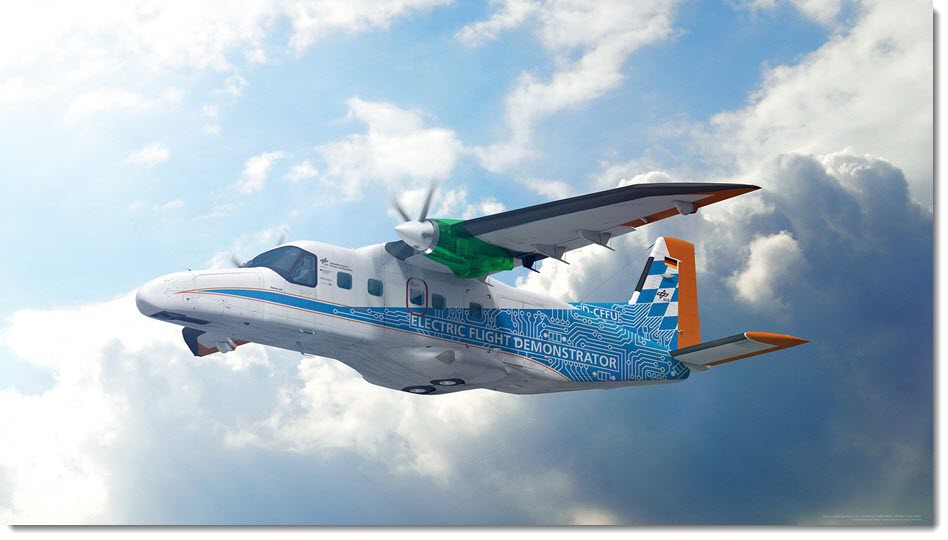
Emission-free flying is the major goal of civil aviation. In the long term, zero emissions in the sky can be achieved, for example, by converting hydrogen into electricity and thus the environmentally friendly electrification of the drive.
The German Aerospace Center (DLR) and theMTU Aero Enginesrely on a fuel cell drive train that they want to develop and validate together. A Do 228 serves as a flight demonstrator. On August 5, 2020, the partners signed a Memorandum of Understanding (MoU) at the DLR site in Oberpfaffenhofen .

Close partnership between research and industry Credit: © DLR. All rights reserved
The letter of intent was signed by Prof. Rolf Henke, member of the DLR board for aeronautical research and technology, and Lars Wagner, board member responsible for technology at MTU. “Although great progress has been made in recent years on the performance and lifespan of fuel cells, there is still a considerable need for research in aviation,” said Prof. Rolf Henke. “The now planned joint project between research and industry is the first of many steps towards zero emission aviation.” Lars Wagner commented: “From today’s perspective, the fuel cell in connection with sustainably produced hydrogen has the greatest long-term potential for enabling emission-free air traffic. Sufficient performance and range for regional,
In order to develop and validate this, the partners plan to equip and test an Dornier 228 aircraft with a hydrogen-powered fuel cell and a single-sided electric propeller drive in the power class of over 500 kilowatt wave power in the coming years. With the exception of water, fuel cells cause no emissions and are characterized by a high level of efficiency. The goal of the joint technology project is the development of an aviation-compatible, complete drive train (power line) and its cooling (cooling line). The electrification of the drive train is a core technology that serves to prepare a flying fuel cell-based drive train. The partners are aiming for the maiden flight of the Do 228 demonstrator from 2026.
The flight project is managed by DLR, which provides and operates the test aircraft. DLR is also responsible for the integration and qualification of the drive train. The research institute contributes further know-how in the field of flight testing, aircraft aerodynamics and aerodynamics. As a partner to industry, DLR is thus contributing its overall system expertise to the joint project. MTU’s task is to develop the entire hydrogen-powered fuel cell drive train. All work and integration are carried out together and in close coordination. Up to 80 experts are said to be involved.
Henke emphasized: “The flying test platform will provide important insights for the further development of electric and hybrid-electric drive systems in order to reduce the ecological footprint of aviation to zero.” Wagner explained for MTU: “The development of an airworthy fuel cell and the experience and data gained from it, including in the areas of regulation and aeronautical qualification, are of crucial importance for our further product development.”
About MTU Aero Engines
MTU Aero Engines AG is Germany’s leading engine manufacturer. MTU’s core competencies are low-pressure turbines, high-pressure compressors, turbine intermediate housings, and manufacturing and repair processes. In new civil business, the company plays a key role in the development, manufacture and sale of high-tech components as part of international partnerships. MTU components are used in a third of the world’s commercial aircraft. In the field of civil maintenance, the company is one of the top 3 global service providers for aviation drives and industrial gas turbines. The activities are grouped under the roof of MTU Maintenance. In the military field, MTU Aero Engines is the system partner for almost all Bundeswehr aircraft engines. MTU has locations worldwide; The company’s headquarters are in Munich. In the 2019 financial year, more than 10,000 employees generated sales of over 4.6 billion euros.
Read the most up to date Fuel Cell and Hydrogen Industry news at FuelCellsWorks




